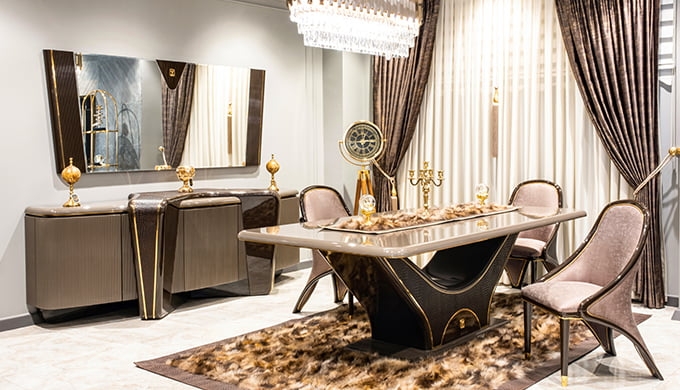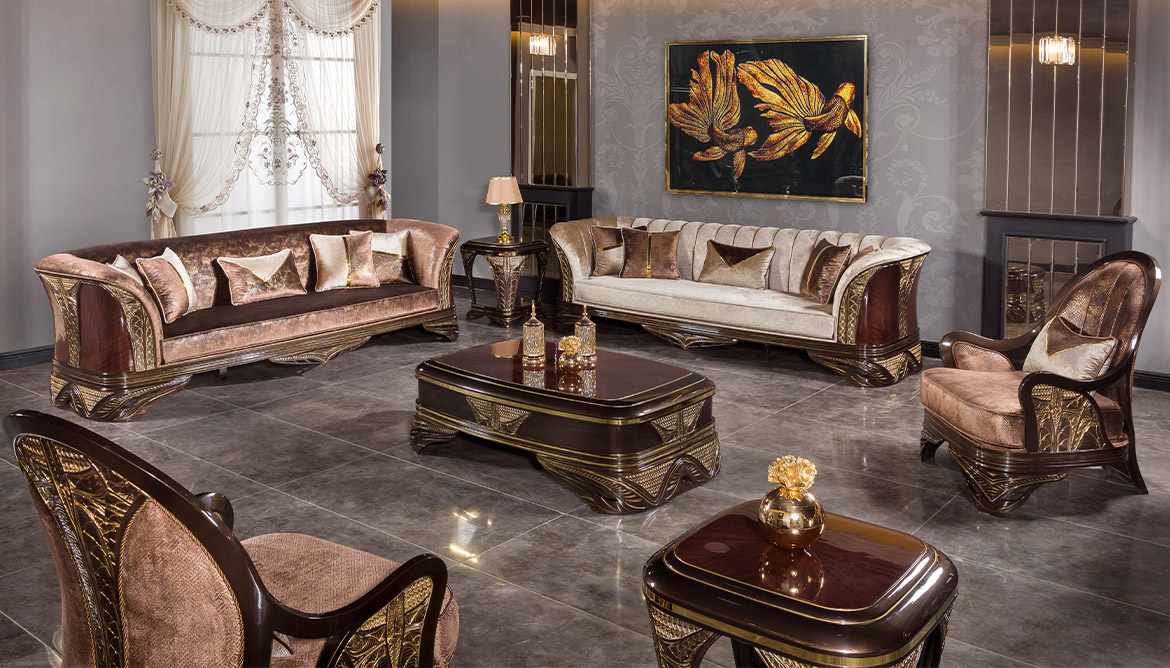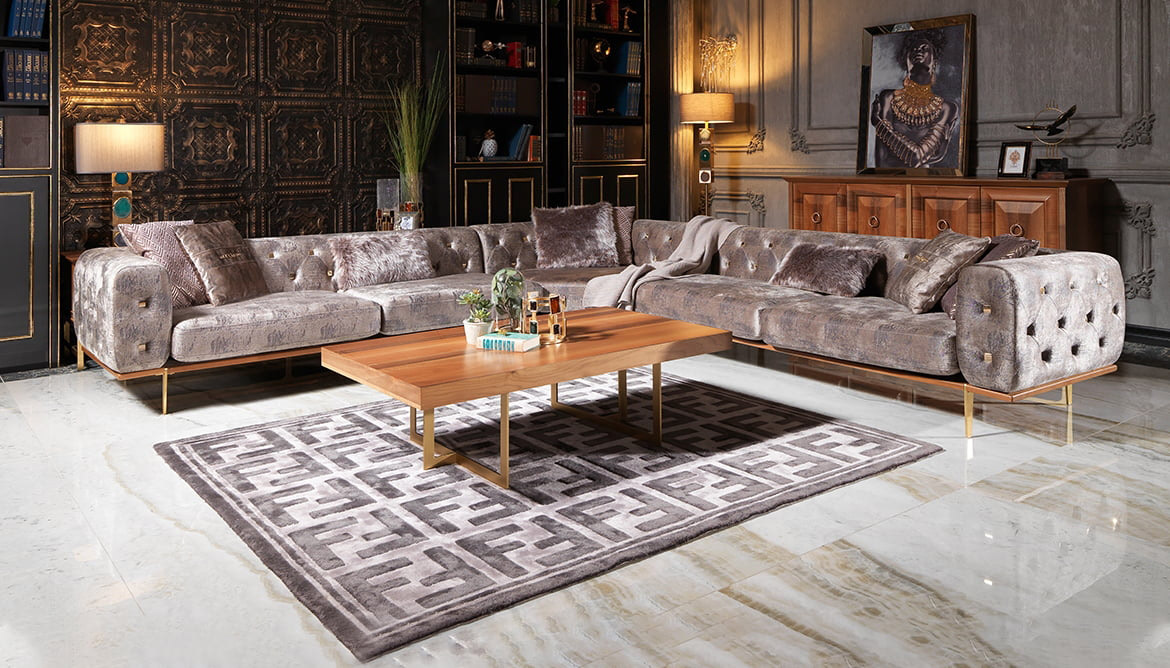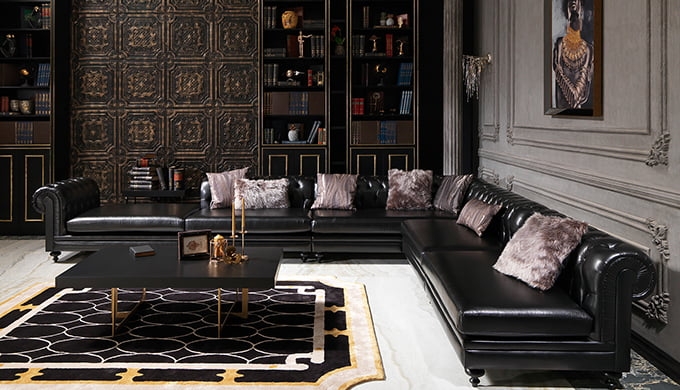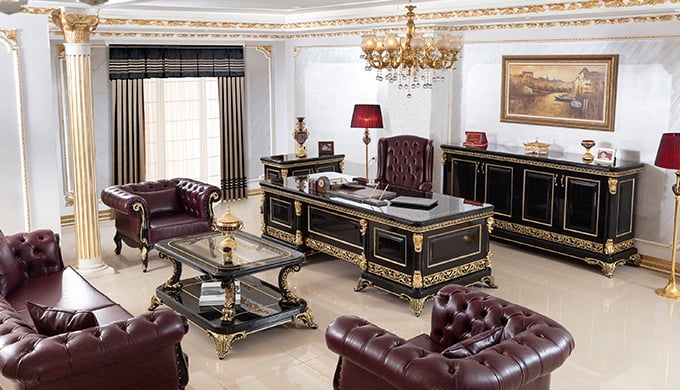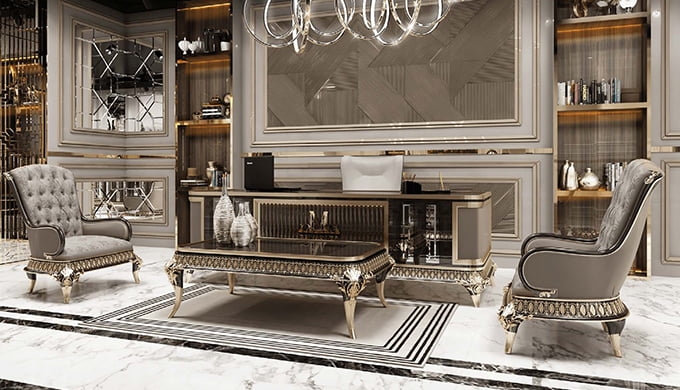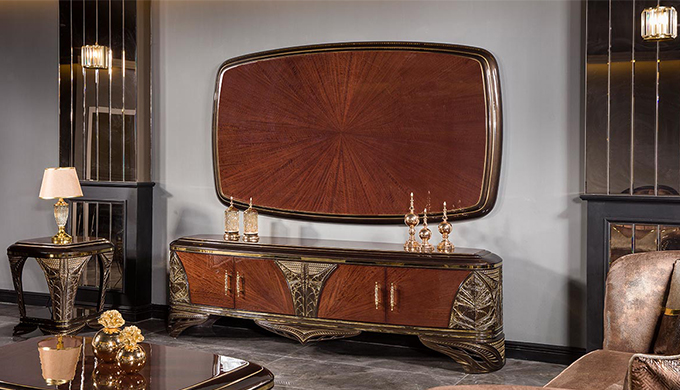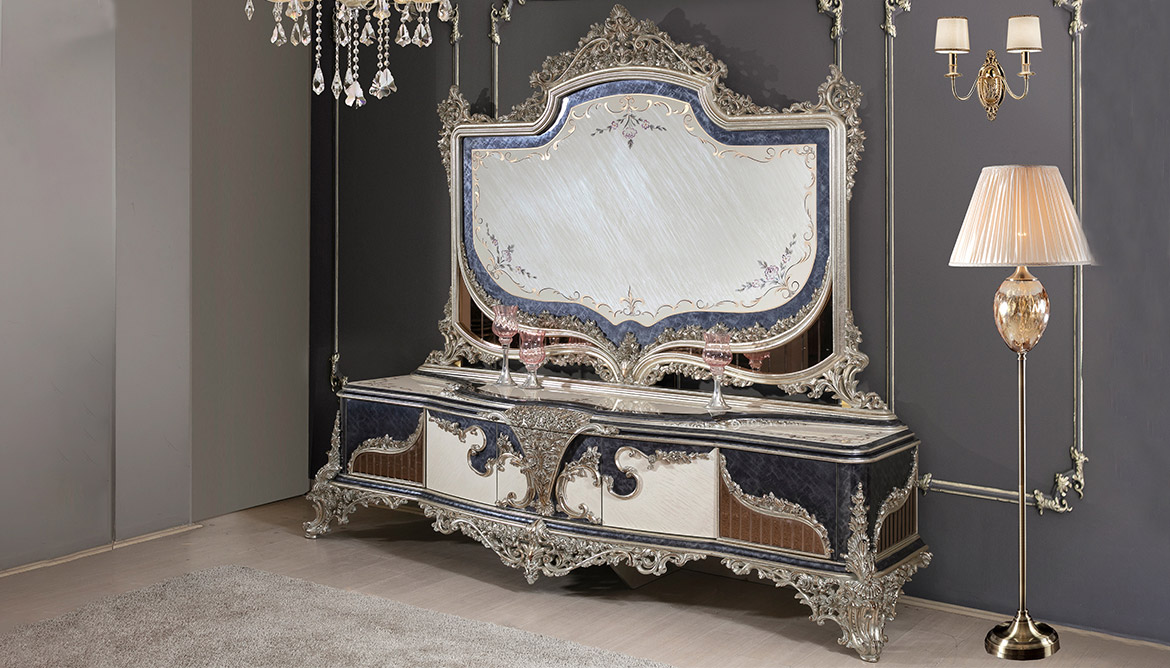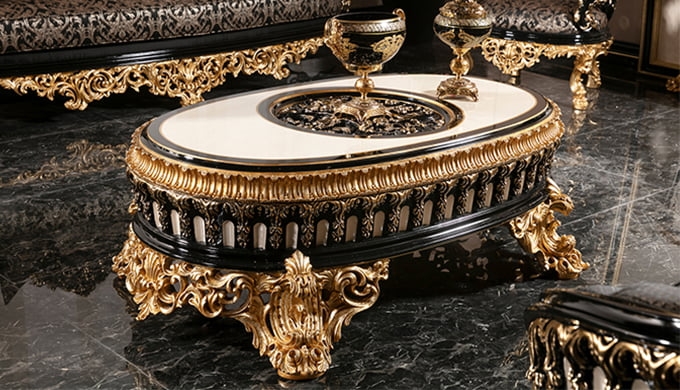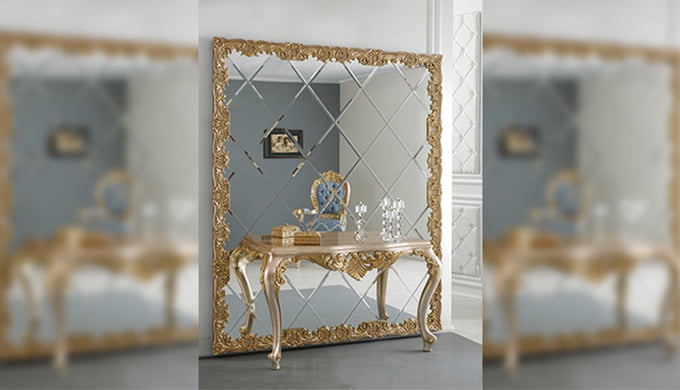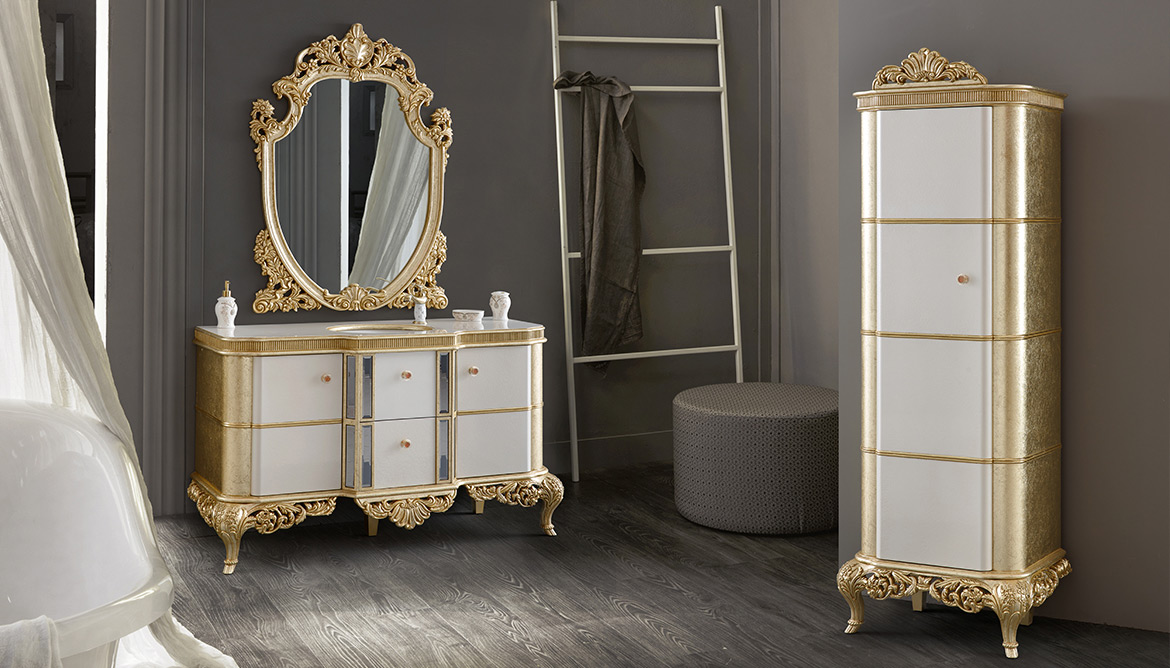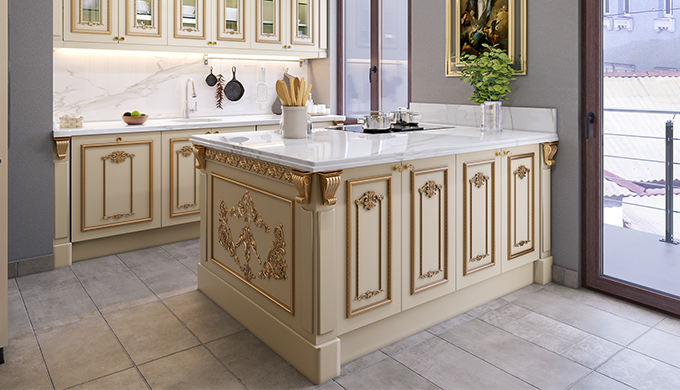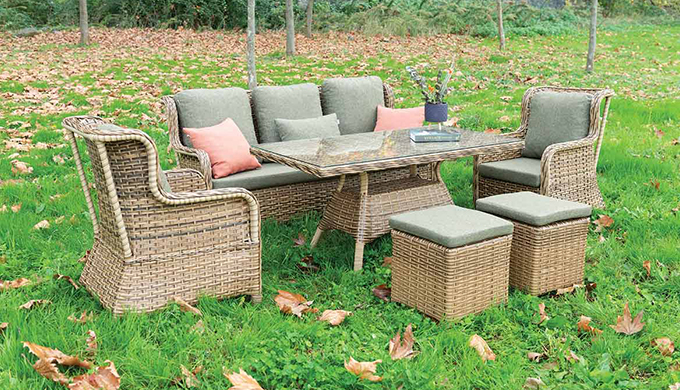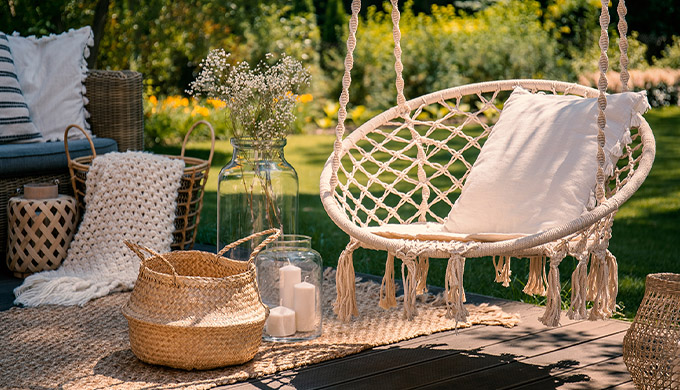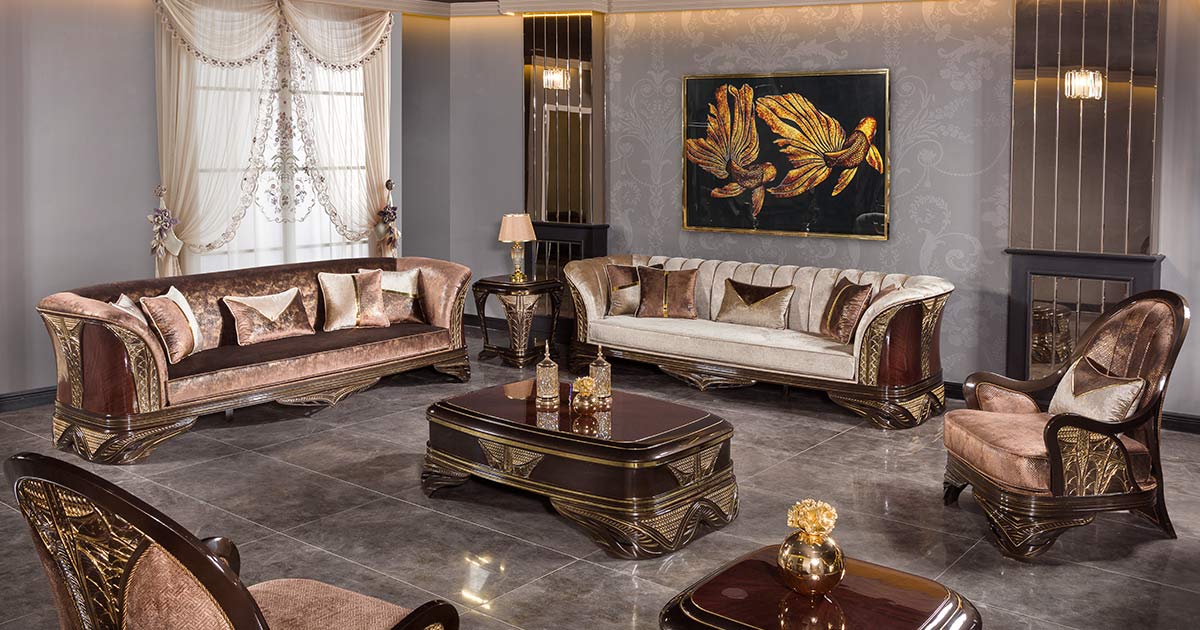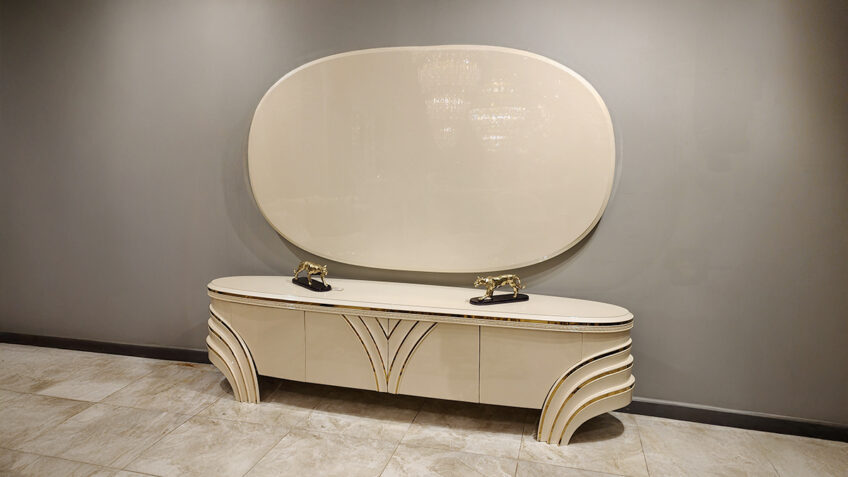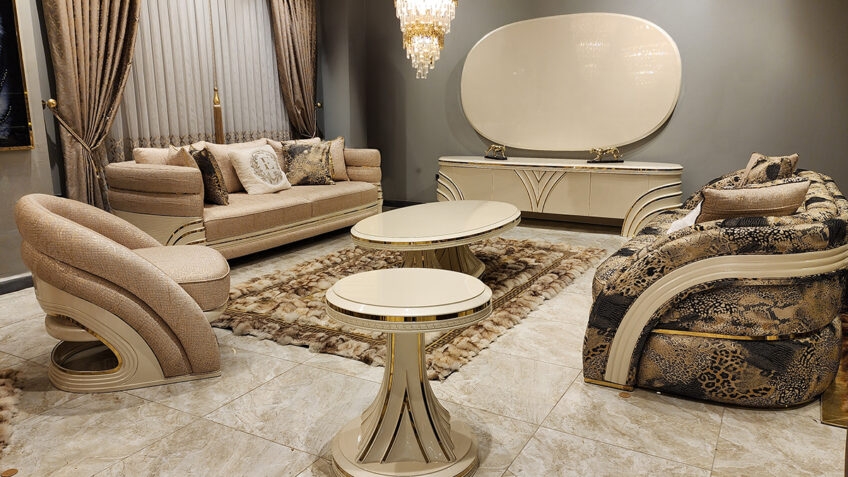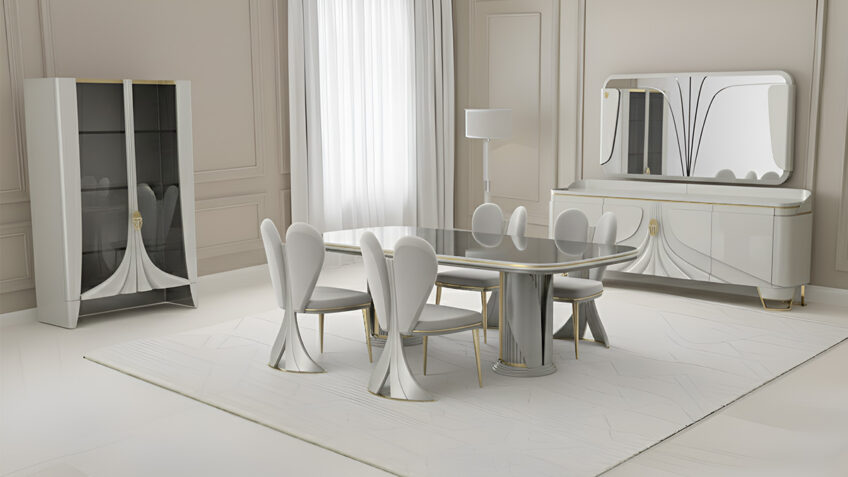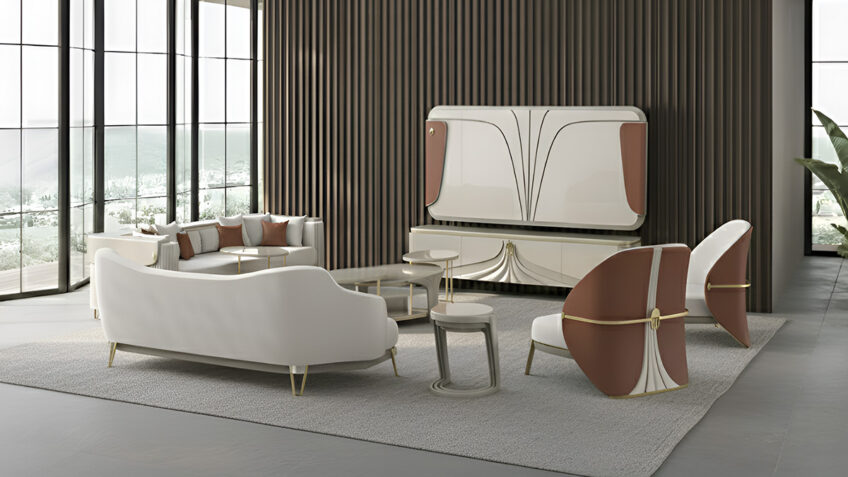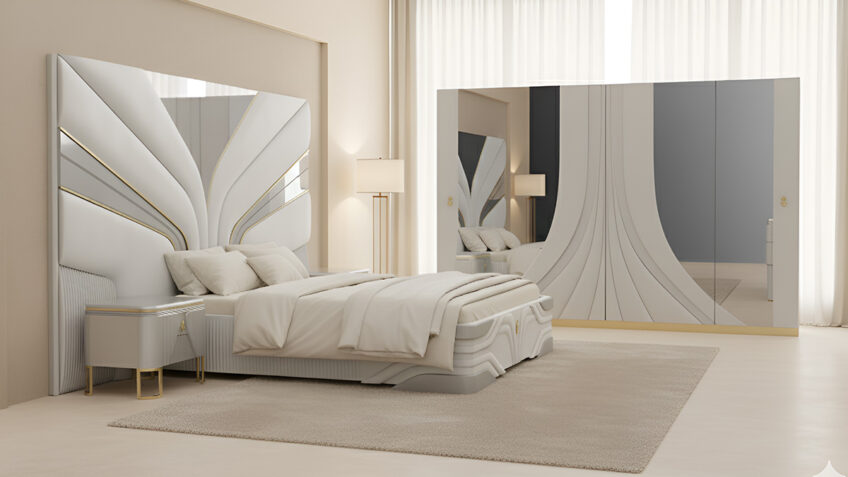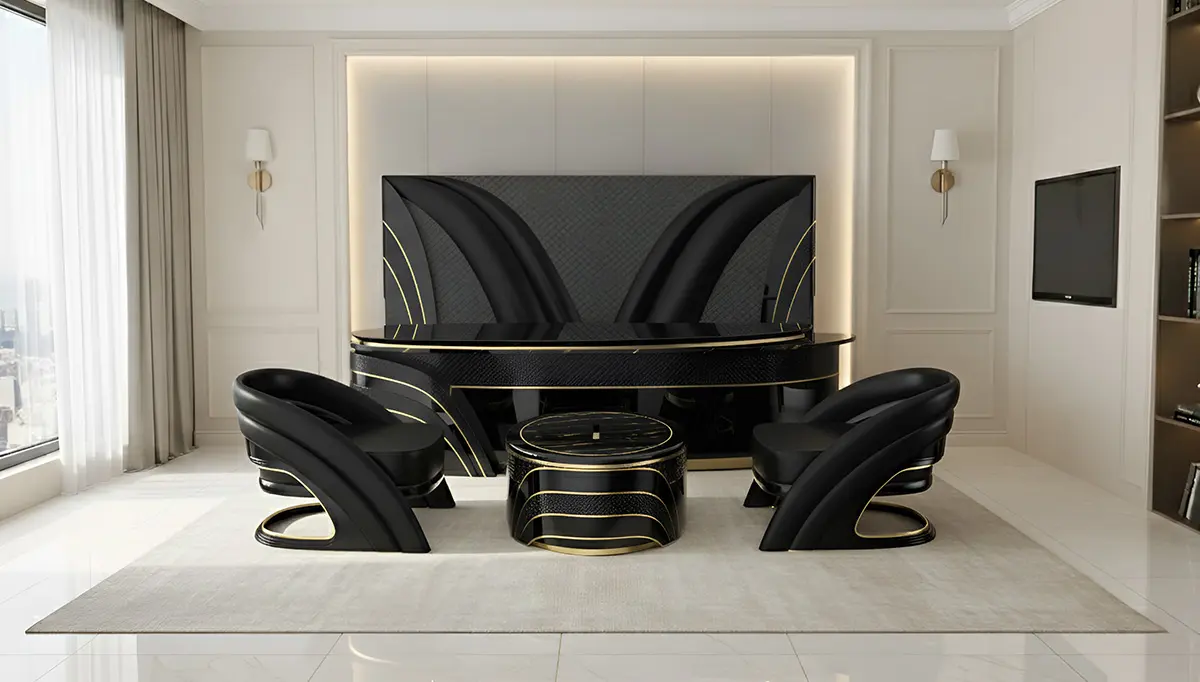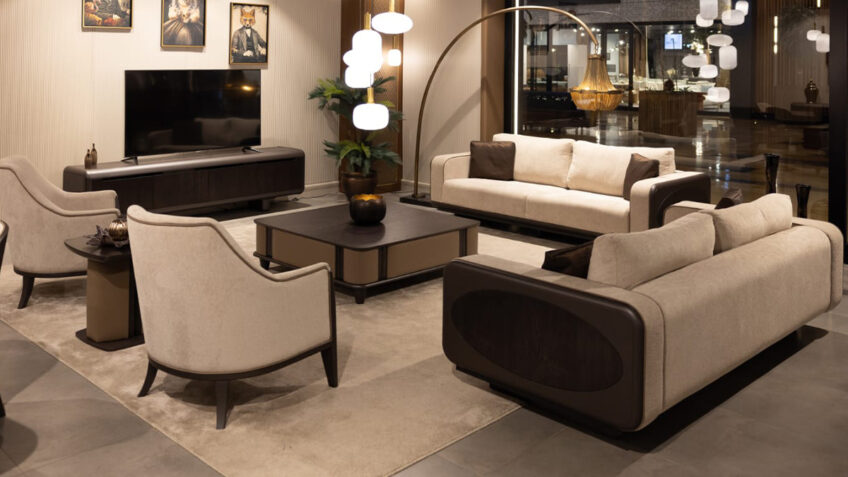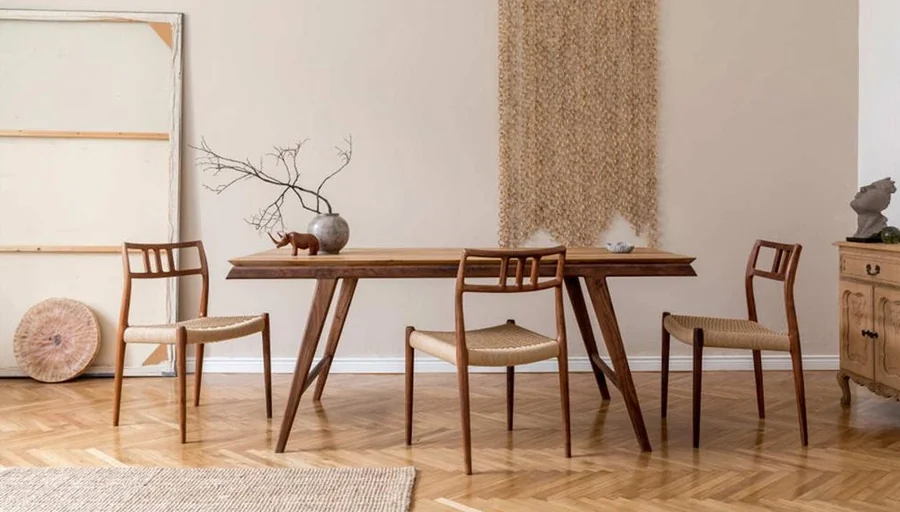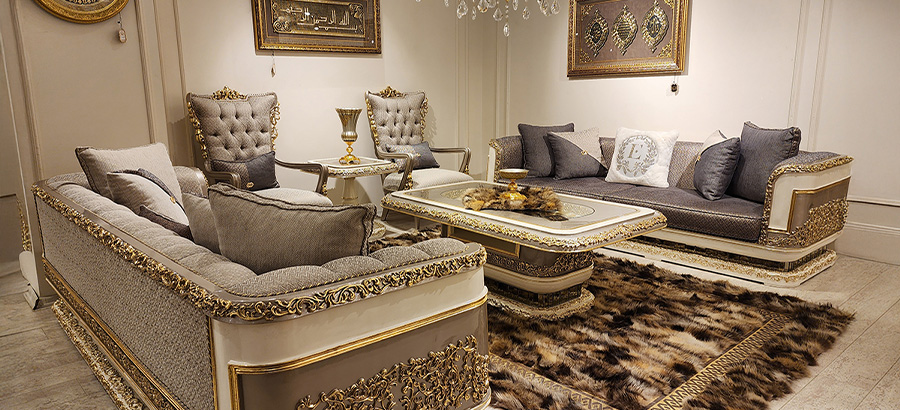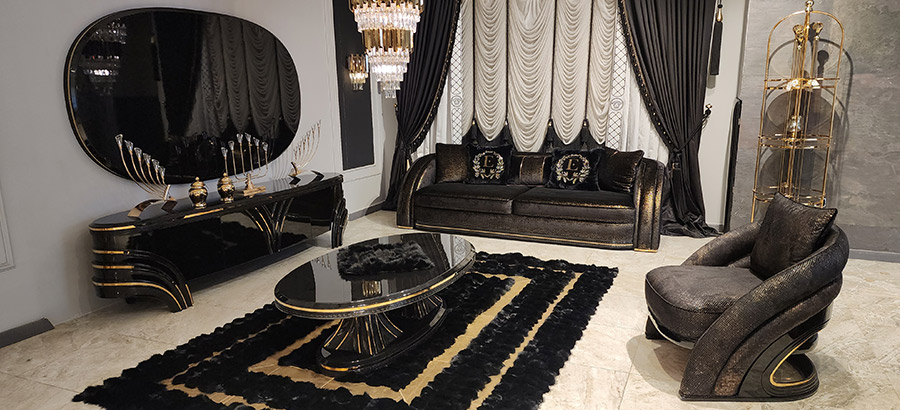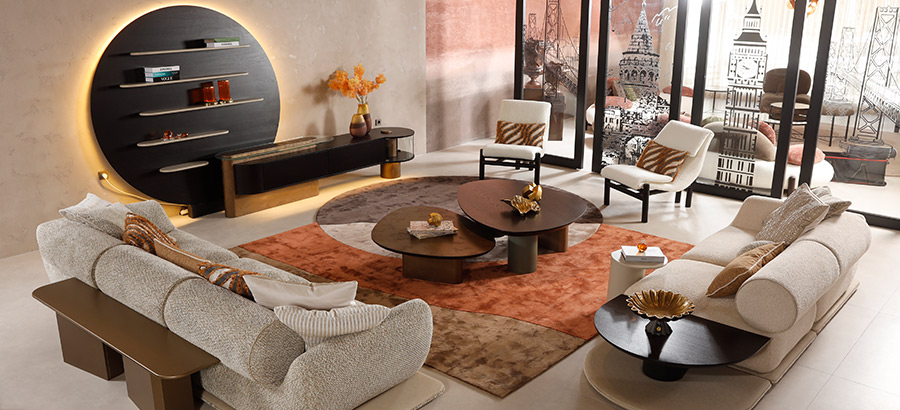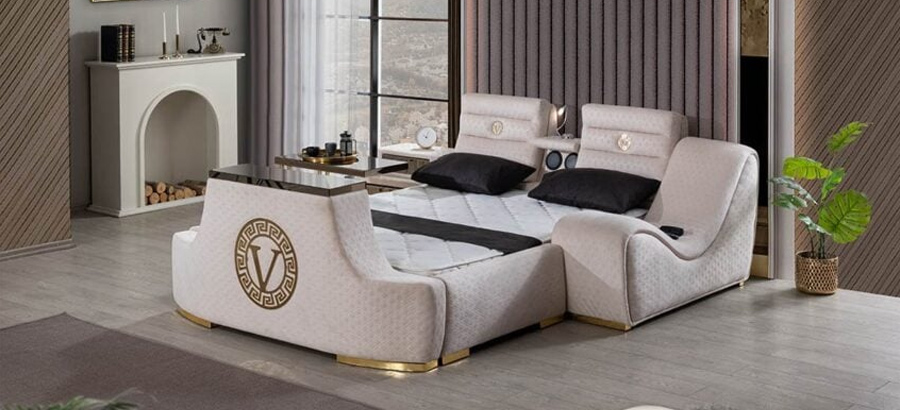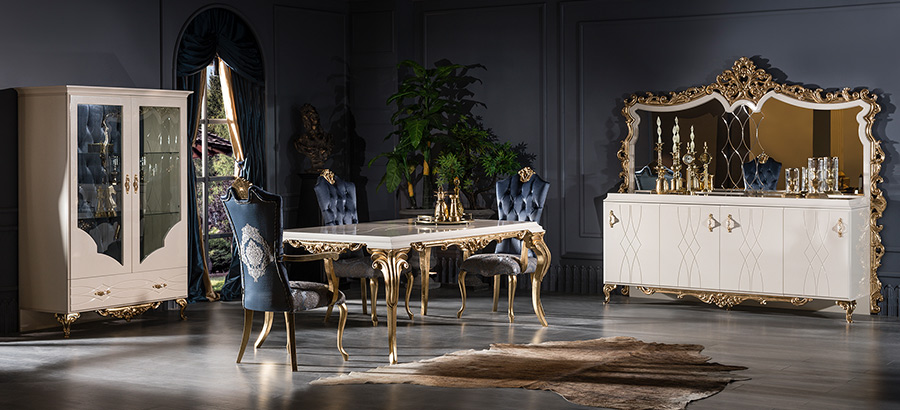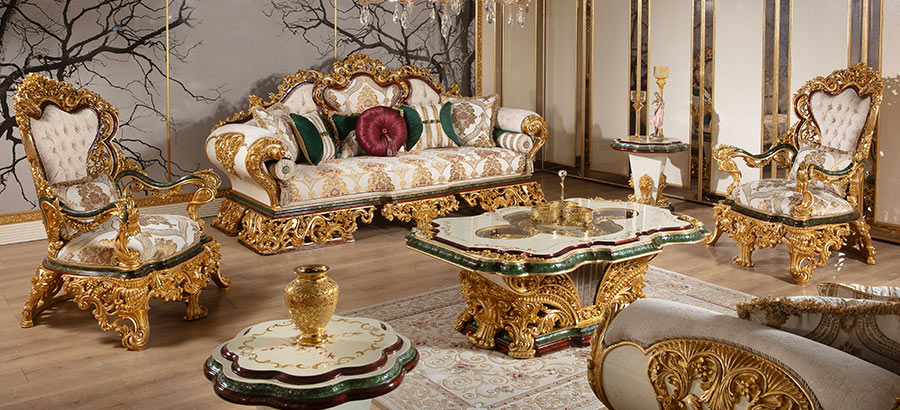Choosing the right sofa is crucial for creating a comfortable and stylish living space. This comprehensive guide will help you navigate the various options available and make an informed decision.
1. Assess Your Space
Before purchasing a sofa, it’s essential to evaluate the size and layout of your room. This step ensures that the sofa will fit well and complement the room’s design.
Measure Your Room
Room Dimensions: Measure the length, width, and height of your room. This includes noting the placement of doors, windows, and any architectural features.
Sofa Placement: Determine where the sofa will be placed. Consider the flow of traffic and ensure that the placement allows for easy movement around the room.
Space Planning
Floor Plans: Use graph paper or a room layout app to create a floor plan. This will help you visualize how different sofa sizes will fit in your space.
Scale Models: Consider making scale models of your furniture to experiment with different arrangements.
Room Functionality: Think about the room’s primary use. Is it a formal living room, a casual family room, or a multifunctional space?
2. Determine Your Style
Your sofa should complement your existing decor and reflect your personal style. Understanding different sofa styles and how they fit with your home’s aesthetic is crucial.
Consider Your Home’s Aesthetic
Existing Decor: Look at the colors, patterns, and styles already present in your home. Choose a sofa that harmonizes with these elements.
Design Theme: Identify whether your home has a modern, traditional, contemporary, or eclectic theme. Your sofa should enhance this theme rather than clash with it.
Sofa Styles
Sectional Sofas: Ideal for large spaces and families. They provide ample seating and can be configured in various ways to fit your room layout.
Loveseats: Perfect for small spaces or as complementary pieces in larger rooms. They offer cozy seating for two.
Recliners: Great for ultimate comfort and relaxation. Modern recliners come in various styles, from traditional to sleek contemporary designs.
Sleeper Sofas: Provide dual functionality for sitting and sleeping. They are ideal for homes that need to accommodate overnight guests without sacrificing style.

3. Choose the Right Material
The material of your sofa affects its durability, comfort, and maintenance. Different fabrics and materials offer unique benefits and drawbacks.
Fabric Options
Leather: Durable, easy to clean, and ages beautifully. However, it can be expensive and may not be ideal for homes with pets that can scratch the surface.
Microfiber: Soft, stain-resistant, and affordable. It’s a practical choice for families and pet owners.
Linen: Light, breathable, and natural-looking. While it offers a relaxed, casual appearance, it can wrinkle easily and may require more care.
Velvet: Luxurious and soft, velvet adds a touch of elegance. It can be high-maintenance and is best suited for homes without young children or pets.
Performance Fabrics: Designed to withstand heavy use, these fabrics are often stain-resistant and durable, making them perfect for high-traffic areas.
Consider Lifestyle Needs
Pets: For homes with pets, opt for durable, scratch-resistant materials like leather or performance fabrics.
Children: Stain-resistant fabrics like microfiber or performance fabrics are ideal for homes with young children.
Allergies: Consider hypoallergenic materials and removable, washable covers to keep allergens at bay.
4. Comfort and Durability
A sofa is an investment in comfort and should stand the test of time. Pay attention to the construction and materials used.
Cushion Fillings
Foam: Provides firm support and maintains its shape well over time. High-density foam offers the best support and durability.
Feather: Soft and luxurious but requires regular plumping to maintain its shape. It’s often combined with foam for added support.
Fiber: Affordable and comfortable but may flatten over time. Fiber fillings can be a good budget option for occasional use.
Frame Construction
Solid Hardwood Frames: Look for sofas with frames made from kiln-dried hardwood. These are the most durable and long-lasting.
Joinery: Check the joinery methods. Dowelled, glued, and screwed joints are the strongest. Avoid sofas with frames held together solely by staples or nails.
Springs: Sinuous springs (S-shaped) provide good support and are commonly used in modern sofas. Eight-way hand-tied springs offer superior comfort and longevity but come at a higher cost.
5. Color and Pattern
The color and pattern of your sofa can significantly influence the room’s look and feel.
Neutral Colors
Versatility: Neutral colors like beige, gray, and white are versatile and timeless. They can be easily paired with various decor styles and colors.
Timeless Appeal: Neutral sofas provide a classic backdrop that allows you to update your decor with accessories and accents without replacing the sofa.
Bold Colors and Patterns
Make a Statement: Bold colors and patterns can make your sofa the focal point of the room. Choose a color that reflects your personality and style.
Complementary Colors: Ensure that bold colors and patterns complement the existing color scheme of your room. Use a color wheel to find harmonious color combinations.
Pattern Considerations: Large patterns can make a room feel smaller, while small patterns can add texture without overwhelming the space. Stripes, florals, and geometric designs offer different visual effects.

6. Test for Comfort
Always test a sofa before purchasing to ensure it meets your comfort needs.
In-Store Testing
Sit and Relax: Spend at least 10-15 minutes sitting on the sofa to get a feel for its comfort level. Pay attention to the seat depth, cushion firmness, and back support.
Recline and Stretch Out: If possible, try different positions, including lying down, to ensure the sofa meets all your comfort needs.
Ergonomics: Check if the sofa provides proper ergonomic support, especially if you plan to spend long hours sitting on it.
Online Purchases
Read Reviews: Look for customer reviews and ratings to gauge the comfort and quality of the sofa. Pay attention to comments about cushion firmness, frame durability, and fabric quality.
Return Policies: Ensure the retailer offers a reasonable return policy in case the sofa doesn’t meet your expectations. Check if there are any restocking fees or return shipping costs.
Detailed Descriptions: Look for detailed product descriptions, including dimensions, materials, and construction details. This information will help you make an informed decision.
7. Budget Considerations
Set a budget and find a sofa that offers the best value for money. Keep in mind that a higher initial investment can save you money in the long run.
Cost vs. Quality
Budget-Friendly Options: There are many affordable sofas available that offer good quality and style. Look for sales, discounts, and online deals to get the best price.
Investment Pieces: Higher-priced sofas often come with better materials, construction, and warranties. They may be more durable and offer greater comfort, making them a worthwhile investment.
Long-Term Value: Consider the long-term value of your purchase. A well-made sofa can last for many years, while a cheaper option may need to be replaced sooner.
8. Delivery and Assembly
Consider the logistics of getting your new sofa into your home. Proper planning can save you time and hassle.
Delivery Options
Store Delivery: Many stores offer delivery services. Check if the delivery includes setup and removal of packaging materials.
Third-Party Delivery: If the store doesn’t offer delivery, you can hire a third-party service. Ensure they are experienced in handling furniture.
Self-Delivery: If you choose to transport the sofa yourself, make sure you have the necessary vehicle and help to move it safely.
Assembly
Pre-Assembled vs. DIY: Some sofas come fully assembled, while others require partial or full assembly. Check the product details before purchasing.
Assembly Services: Many retailers offer assembly services for an additional fee. This can be a convenient option if you’re not comfortable assembling the sofa yourself.
Instructions and Tools: Ensure the sofa comes with clear assembly instructions and all necessary tools. Read through the instructions before starting to avoid any mistakes.



